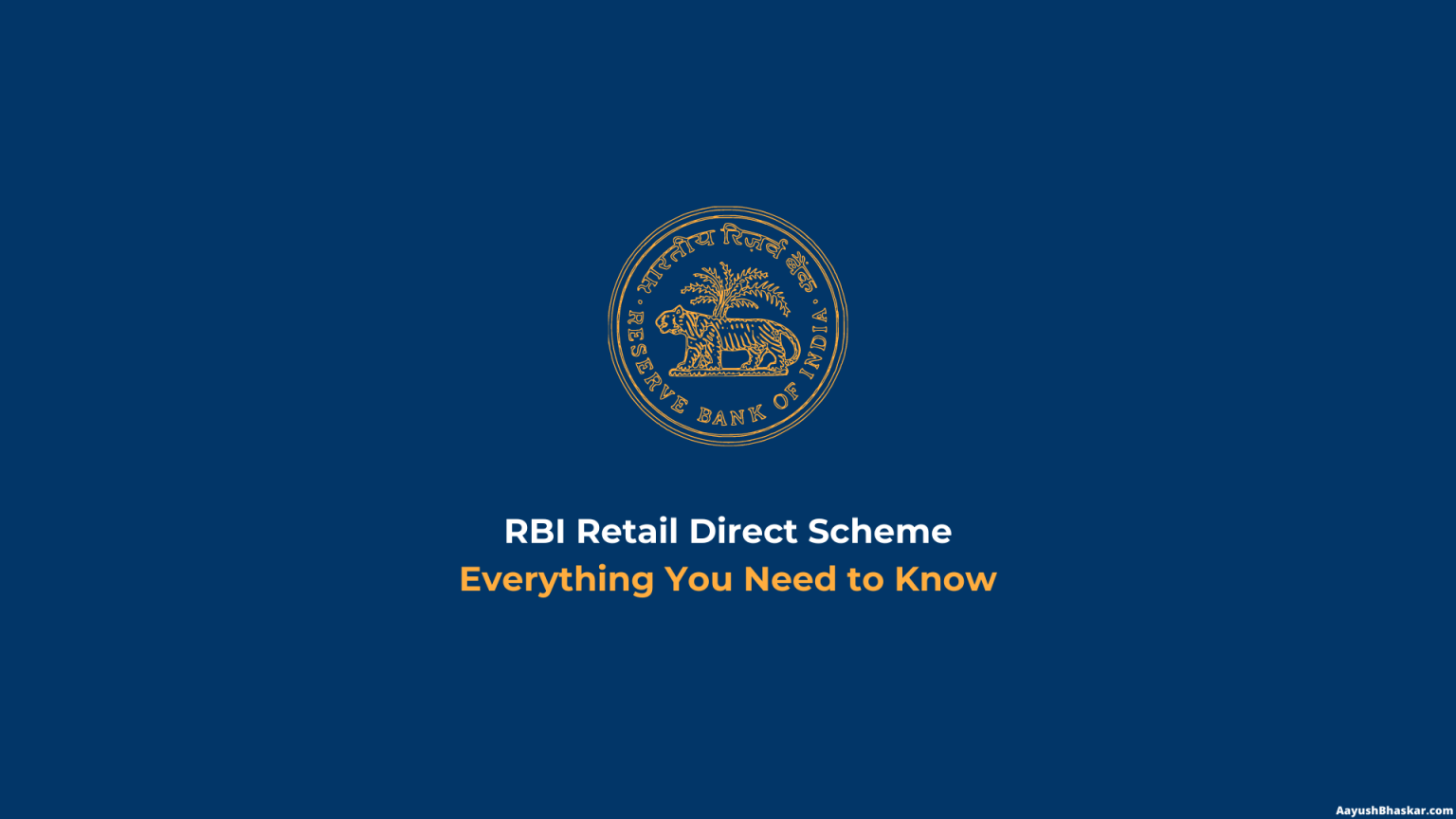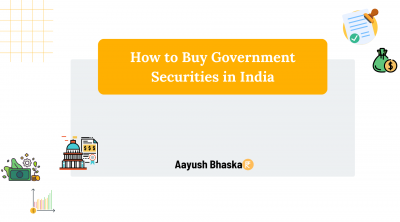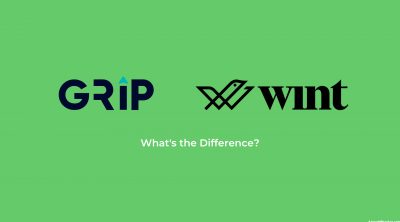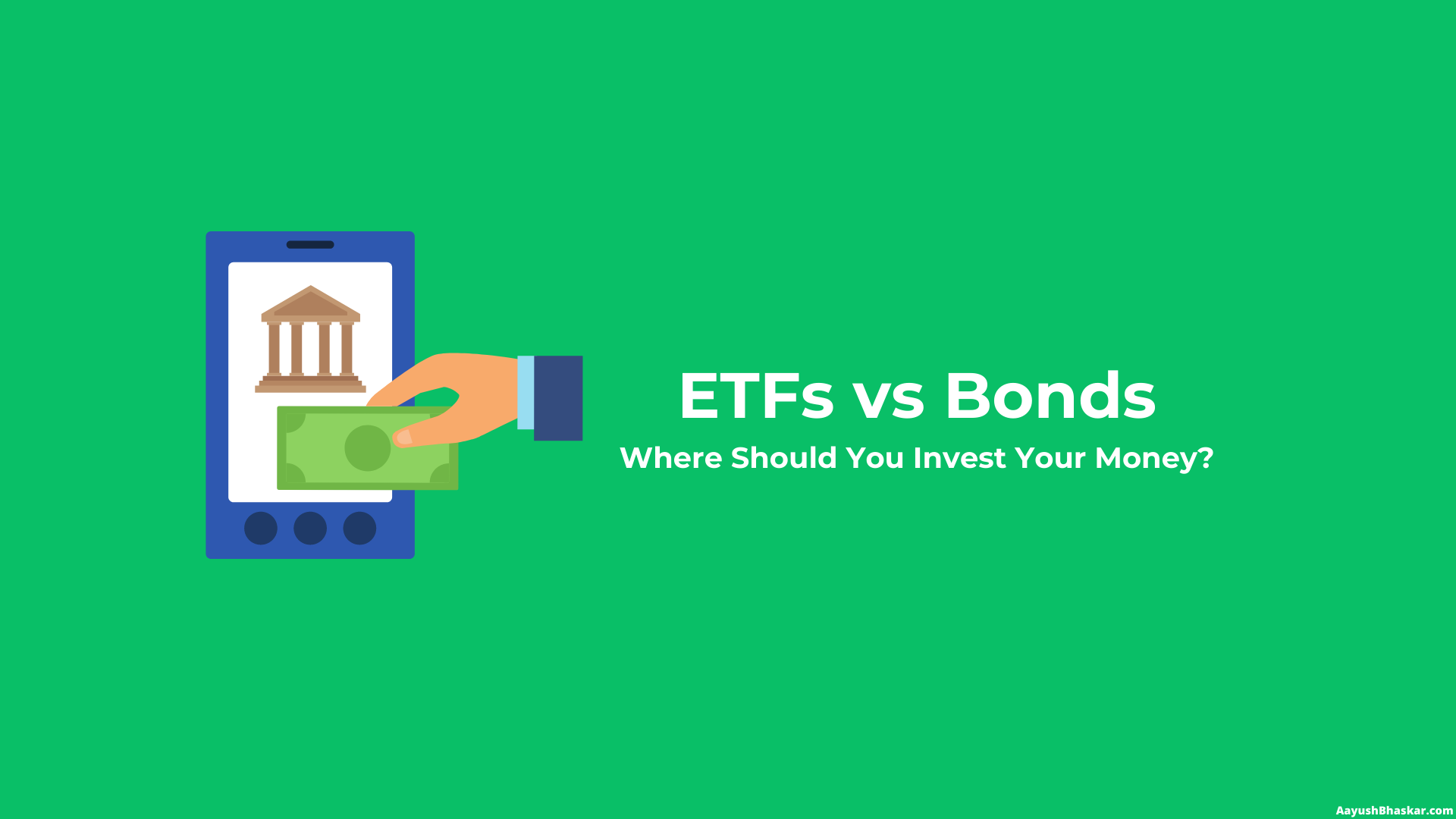Government securities are one of the most stable funds as they are risk-free and guarantee some fixed return on investment every year.
It also guarantees a complete repayment of capital investment when the government bond matures.
To enhance access to such government securities, the Indian Prime Minister recently launched the RBI’s Retail Direct Investment Scheme.
This scheme allows small investors to invest in all types of state and central government bonds with assured returns.
What is a Retail Direct Scheme?
The Retail Direct Investment Scheme is an initiative by the Indian government to enable retail investors to invest in government securities directly, without any hassle.
The government bonds can be bought and sold online.
The minimum investment amount in RBI retail direct scheme is Rs 10,000 and it’s multiples.
Central Government Securities, Treasury bills, and State Government Securities can be bought under this scheme online.
All you need as an investor is to open a Retail Direct Gilt account with the Reserve Bank of India.
The maximum you can invest per bid under this scheme is two crore rupees.
The primary dealers, the firms that buy government bonds directly from the government and then sell them to the investors, are expected to come up with the buy and sell quotes soon to enable retail investors to buy and sell government securities in the secondary bond market.
Introducing the Retail Direct Investment Scheme in the Indian Market
The first time when this scheme was mentioned was back in February 29021, under the Indian monetary policy amendments.
However, on the 12th of November, India’s PM officially launched the scheme, stating “the Retail Direct Scheme will give strength to the inclusion of everyone in the economy as it will bring in the middle class, employees, small businessmen and senior citizens with their small savings directly and security in the government securities.”
Before the launch of this particular scheme, big institutional investors, including mutual fund companies, insurance companies, banks, and similar organizations highly dominated the Indian Bond market. This did not leave much space for small retail investors to participate in having a share in the government bond for themselves.
However, with government securities offering one of the highest volumes in the fixed income market due to its risk-free characteristics, it is also one of the most flexible horizons that can enable retail investors to get regular cash flows throughout the investment period.
Hence, this launch is definitely a much-awaited one, which is not only going to benefit the government through a capital-raise but also the investors who will earn an assured interest on the same.
What is RBI’s Retail Direct Gilt Account?
All the individual retail investors who want to enter into the government securities market and enjoy the aligned benefits can do so by opening and maintaining the Retail Direct Gilt Account by the Reserve Bank of India.
Through this account, they can directly invest in the g-secs and also get exposure to the RBI Retail Direct Investment Scheme.
Investors will get access to both primary and secondary markets.
In the primary market, they will be buying directly from the Receiver Bank of India. Whereas, in the secondary market, they will be able to purchase government securities from other investors at the ongoing market price.
The RDG account is created specifically for the RBI Retail Direct Investment scheme and only requires a few easy steps to be opened online.
All registered primary investors can access the primary g-sec issuances along with Negotiating Dealing System Order Marching Systems (NDS-OM) as well.
The NDS-OM is basically an electronic/online order match system that matches orders in the secondary market for government securities.
By using the Retail Direct Gilt Account, one can invest in the central government bonds, Government of India Treasury Bills, State Development Loans (SDLs), State Government Bonds, and even the Sovereign Gold Bonds during the specified time frame.
Lastly, if we talk about the gains with the Retail Direct Gilt Account, the capital gains are going to be calculated across all securities that you hold/trade in a financial year if you opt for direct g-sec investing.
However, when you invest/trade with Gilt mutual funds, the capital gains will be calculated for the period that you hold the mutual fund units for, no matter how many trades are executed during the scheme management.
Who can apply for the Retail Direct Gilt Account?

The three categories of people eligible to apply for the scheme are –
- According to the scheme, all retail investors are eligible to register for the scheme and maintain a Retail Direct Gilt account. They also must have a permanent account number (PAN), registered mobile number, India rupee savings bank account, and a valid e-mail address to be able to invest through the Retail Direct Investment Scheme.
- One can open the Retail Direct Gilt account either individually or jointly with a second retail investor who can meet the set criteria stated above.
- Anu non-resident retail investor is also eligible to invest in government bonds if their details fall under the Foreign Exchange Management Act (1999).
Benefits of investing through the Retail Direct Investment Scheme

- This scheme will allow all investors, big or small, an opportunity to invest directly in government securities and benefit from the same.
- This scheme is a one-stop solution to enable investors to enter into both the primary and secondary government securities markets.
- Soon, the NDS-OM is going to launch an odd lot system wherein retail investors will be allowed to trade in specific retail lots, which will not require a heavy chunk of their money being invested in one instrument itself.
- This scheme is going to allow the retail investors to trade in government securities as per their choice, without any restrictions.
- The government securities are totally risk-free and offer assured returns to the investors.
- The scheme will also allow all investors to open and then maintain a government security account for no additional costs.
- There is a possibility for retail investors to receive tax benefits for investing in direct government securities.
How can you invest in government securities through this scheme?

- Go to the RBI Retail Direct online portal and open a Retail Direct account with the RBI.
- Fill out an online form and submit the one-time password that you receive on your registered mobile number
- Register yourself to access government securities on the primary market.
- Follow the further detailed steps that you receive with your valid email ID
- Once you have successfully registered, you can buy government bonds in the primary market through primary debt sales or in the secondary market itself.
- The auctions for the bonds are held every Friday by the government’s very own debt manager, the Reserve Bank of India
- You can pay for the purchase of bonds through the UPI or net banking facilities provided by the portal.
- The sum is debited when a bid is submitted
What is the state of government bonds as of now?
Currently, about 97 government securities are outstanding that have tenures between 3 months to 40 years.
All of these securities combined total to about 79 lakh crore rupees. The central government of India is looking forward to borrowing as much as around 12 lakh crore rupees by issuing government bonds to both institutional and retail investors.
As soon as the scheme launched, there was a massive inflow of registrations in a matter of a few hours. 12,000 registrations took place with active participation from investors holding Sovereign Gold Bonds.
Secondary Market Investing Benefits through the RD Investment Scheme
The new scheme offers investors access to the secondary market, which the majority of people are most excited about. This is because secondary market investing is known to provide higher returns over shorter periods.
Similarly, investing in the government securities through the secondary market is also existing new-age investors to be able to earn significant returns in not much time.
Investors can access the g-sec’s secondary market portal through the central bank’s retail direct portal online. An ID from the Clearing Corporation of India Ltd. is going to be issued to each individual investing in the secondary market.
Thereafter, the order marching, and quiet requests can be accessed by investors online.
Investors can place, buy, and sell orders through their retail direct gilt account. This is to be done after they remit the funds through an online payment system. To the retail portal. The extent to which your account holds a balance can be used to make g-sec purchases instantly.
At last, an investor can settle the trade based on T+1, which means one day after the transaction date.
So, is this the right time to invest in government securities right now?
You can most definitely look forward to buying a held-to-maturity bond in the current time, as it is expected to save you from the ongoing market-to-market volatility. It will be a suitable bet for those who look for steady returns and capital safety while investing.
However, since the scheme has just launched, waiting for about 4 to 6 months is a reasonable time to analyze where the market is moving and how it is performing.
The RBI Retail Direct Investment scheme’s success is going to depend on the liquidity of these bonds when an investor comes forward to sell it and if they can sell it off at a profitable rate.
Currently, anybody opting for this particular direct route of getting into the government securities market must be well-informed about the market and all the factors that impact and move the prices of these securities.
It is also advised to learn more about what the government is up to, has done, and is planning to do, to get an idea of the government’s current position. If you are new to investing, taking professional assistance will help you make better and wiser investment decisions.
Here are the official links to RBI Retail Direct Scheme in case you want more information:








Leave a Reply